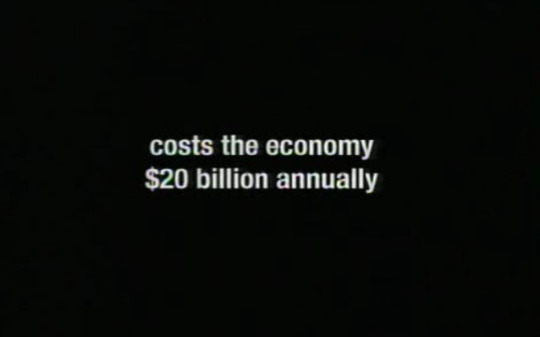For experienced users who know enough not to blame me for anything. I have personally tested and used these commands unless otherwise stated. Debian Buster, Ubuntu latest and sometimes OSX. This is a side-blog so command-line can't follow you back
Don't wanna be here? Send us removal request.
Text

Item: Pocket Dimension Master, a handheld device that lets the user open portals to pocket dimensions
607 notes
·
View notes
Text

Microsoft Embroidered Teddy Bear Blanket
??????
5K notes
·
View notes
Photo










Adult Swim making an unholy amount of sense.
503K notes
·
View notes
Text

The Color Computer Magazine August 1983
Regular contributor Dennis Kitsz took over the cover of this issue to promote the plans for his "Lowerkit," an add-on circuit board that would replace the "reverse video" characters meant to indicate lower case on the Color Computer with just about any set of characters you might care for. In an article titled "One More Computer," Jyym Pearson promoted the Color Computer over 6502-powered machines in particular because of how much the 6809's instruction set could do when programming in assembly.
15 notes
·
View notes
Text

The Power of Two (Displays), featuring IBM and ThinkPads - The Forgotten King
VCF East XX
114 notes
·
View notes
Text

this is so stupid. "manifesting" and "speaking into the universe" as "voting with your dollar"
184 notes
·
View notes
Text

The John Carpenter collection
Dark Star (1974)
132 notes
·
View notes














